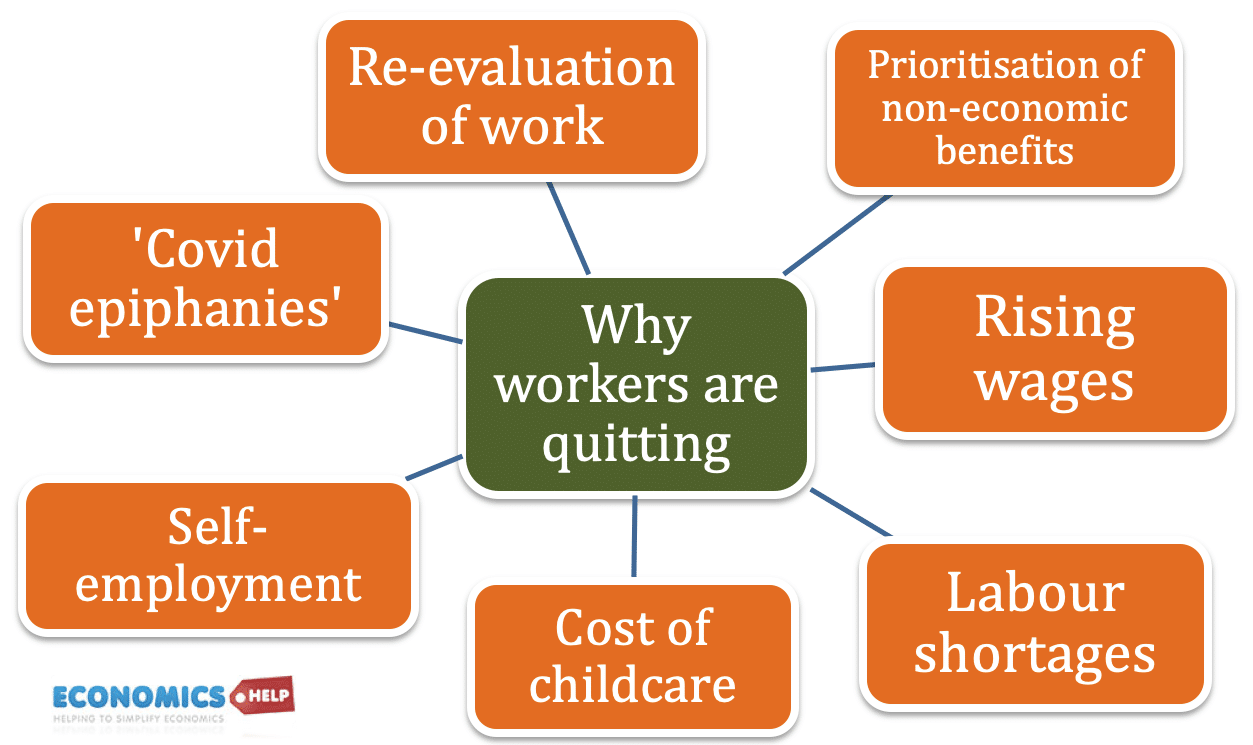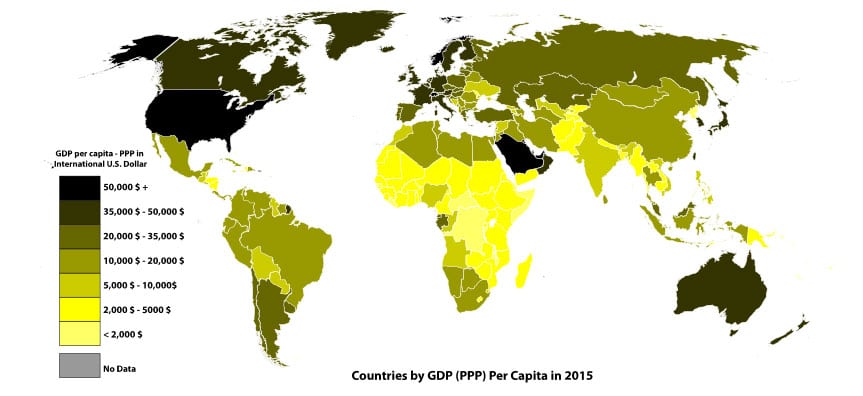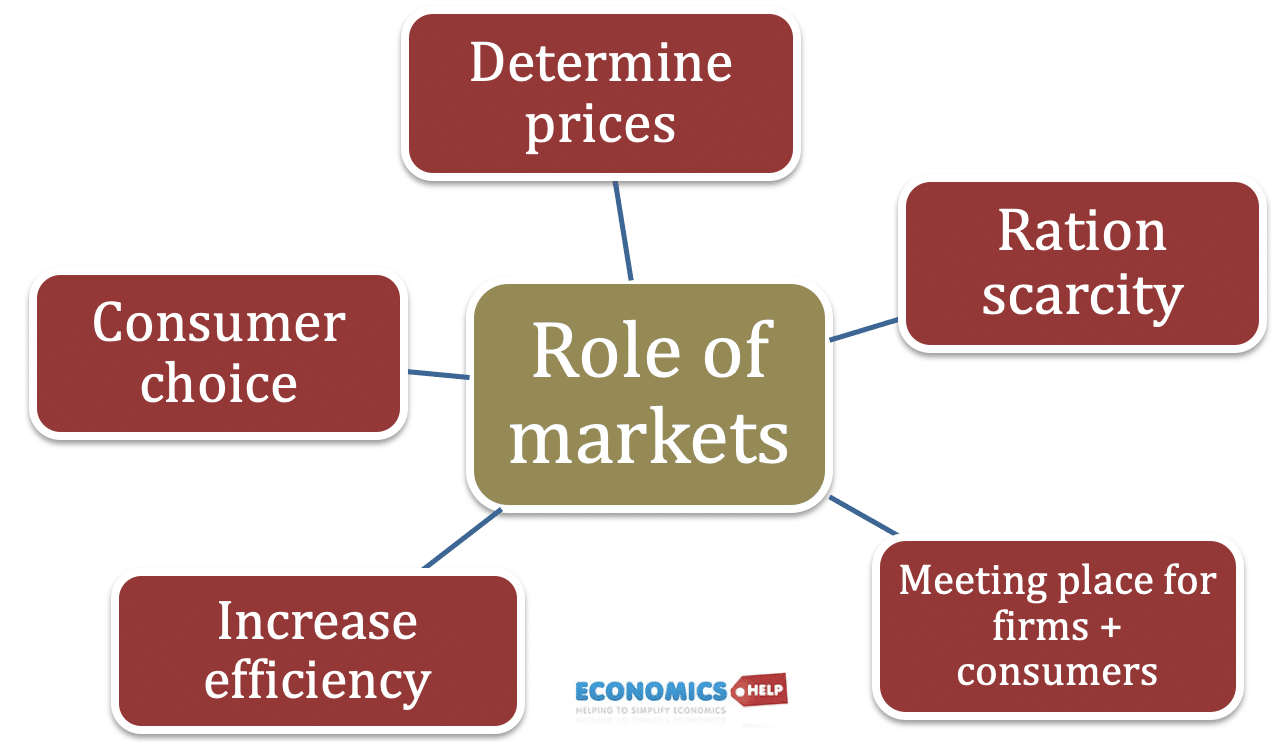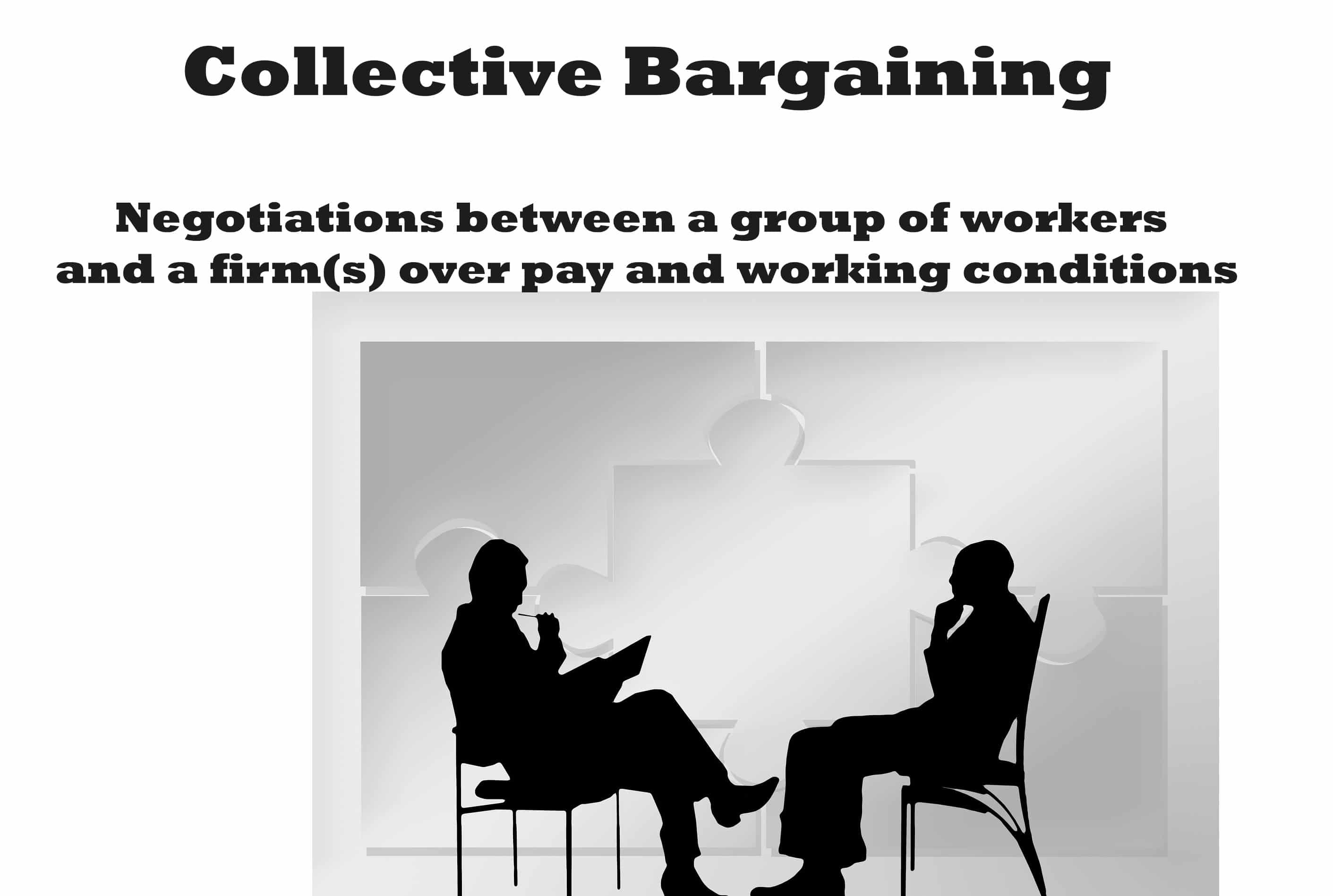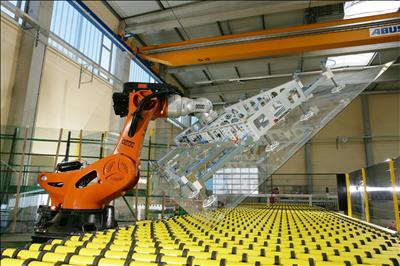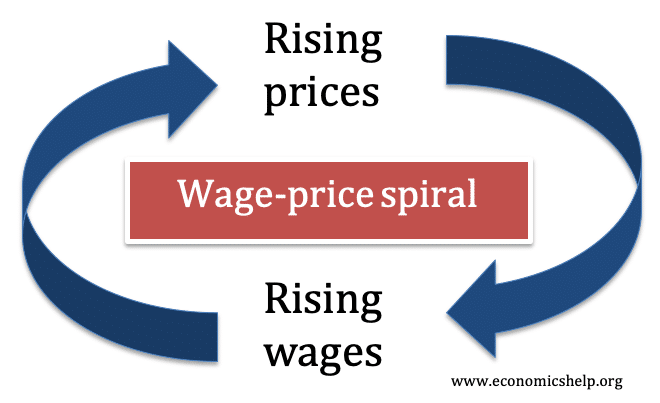Why are workers quitting their job post Covid?
One of the great events in European economic history was the great plague of the 14th Century. The Black Death, which swept across Europe (killing up to 30% of citizens), led to a profound change in economic circumstances. Due to the shortage of labour, peasants were freed from their serfdom. With great demand for labour, …

